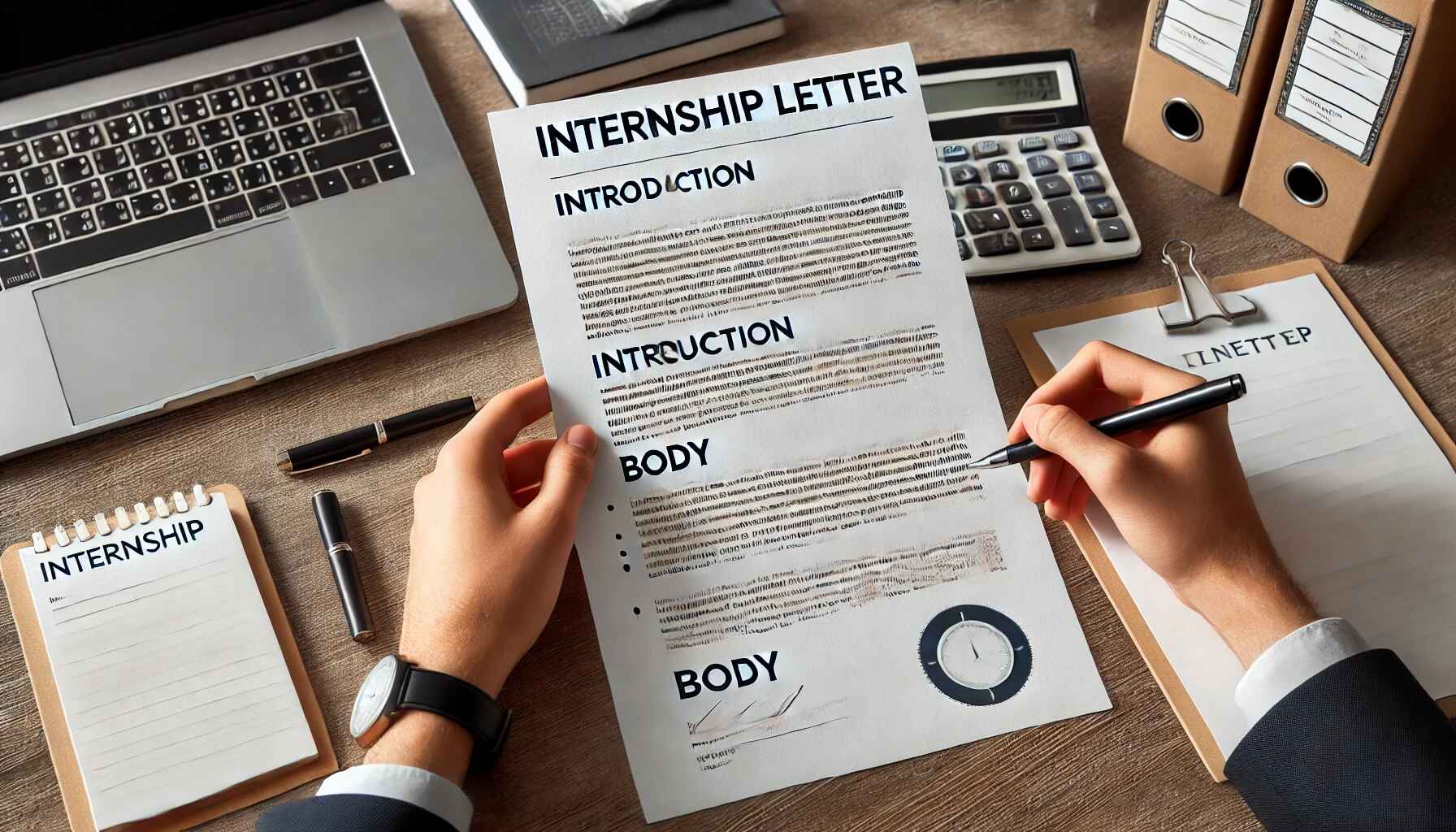Understanding the Basics of an Internship Letter
An intern's letter of application
Sometimes called a cover letter for an internship, an internship letter is a formal accompanying tool for your CV. It shows you to the company, clarifies your interest in the internship, and highlights relevant skills and experience.
Why is it vital?
A strong internship letter may set you apart from other candidates.
Show your communication abilities
Help you to give background to your resume
Show your sincere enthusiasm for the organization.
Pre-writing getting ready
1.Study the Company and Position.
Spend some time learning the company's goals, policies, and particular internship position before you begin to write. Your letter will be tailored with the help of this study.
2. Know the Employment Description
Analyze the job description to pinpoint the main credentials and abilities needed.
3. Compile Appropriate Data
List your academic successes, relevant talents, and background that fits the internship.
Organization of a Winning Internship Letter
1. Introduction Paragraph
Your opening should catch readers and clarify your writing goal.
2. Paragraphs for Body
Stress your pertinent knowledge and expertise. Show how you could help the business using particular instances.
3. Paragraph closing
Finish with a strong call to action, repeating your excitement for the position and asking for an interview.
Writing the Opening Paragraph: Techniques
Your first impression will be much enhanced in the introductory paragraph. Keep it short and strong. Talk about the job you're seeking and where you came about the listing. Then quickly describe yourself and your present academic standing.
Building the Body of the Letter
Emphasizing Appropriate Skills and Experience
Pay close attention to the abilities and background fit for the internship requirements.
"During my time as the marketing coordinator for my university's events team, I developed social media campaigns that increased engagement by 40%," says one.
Coordinate Your Background with the Needs of the Company
Show the company your homework and that your objectives coincide with theirs.
Apply Particular Examples
Clear examples always have more force than nebulous claims.
Composing a Powerful Closing Paragraph
Say again how interested you are in the position, thank the company for their time, and convey your enthusiasm to talk further about your application. Finish with a call to action—like asking for an interview.
Advice for Perfecting Your Letter
1. One should proofread and edit a wonderful letter carefully since typos and mistakes could destroy it.
2. Keep It Professional but Engaging: Balance formality with personalism.
3. Steer clear of common mistakes by avoiding too long or generic letters.









